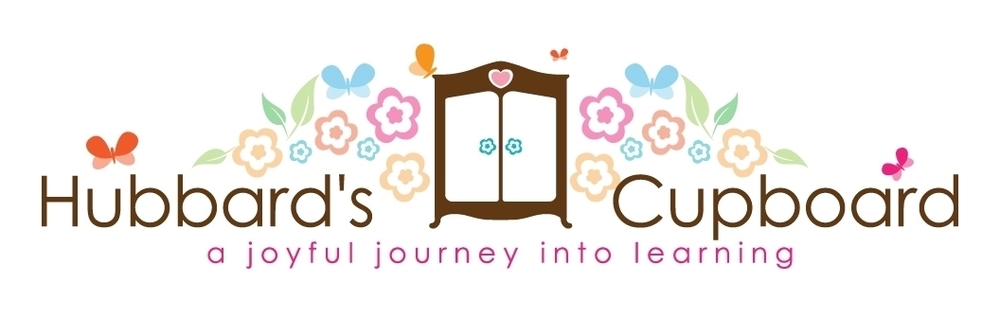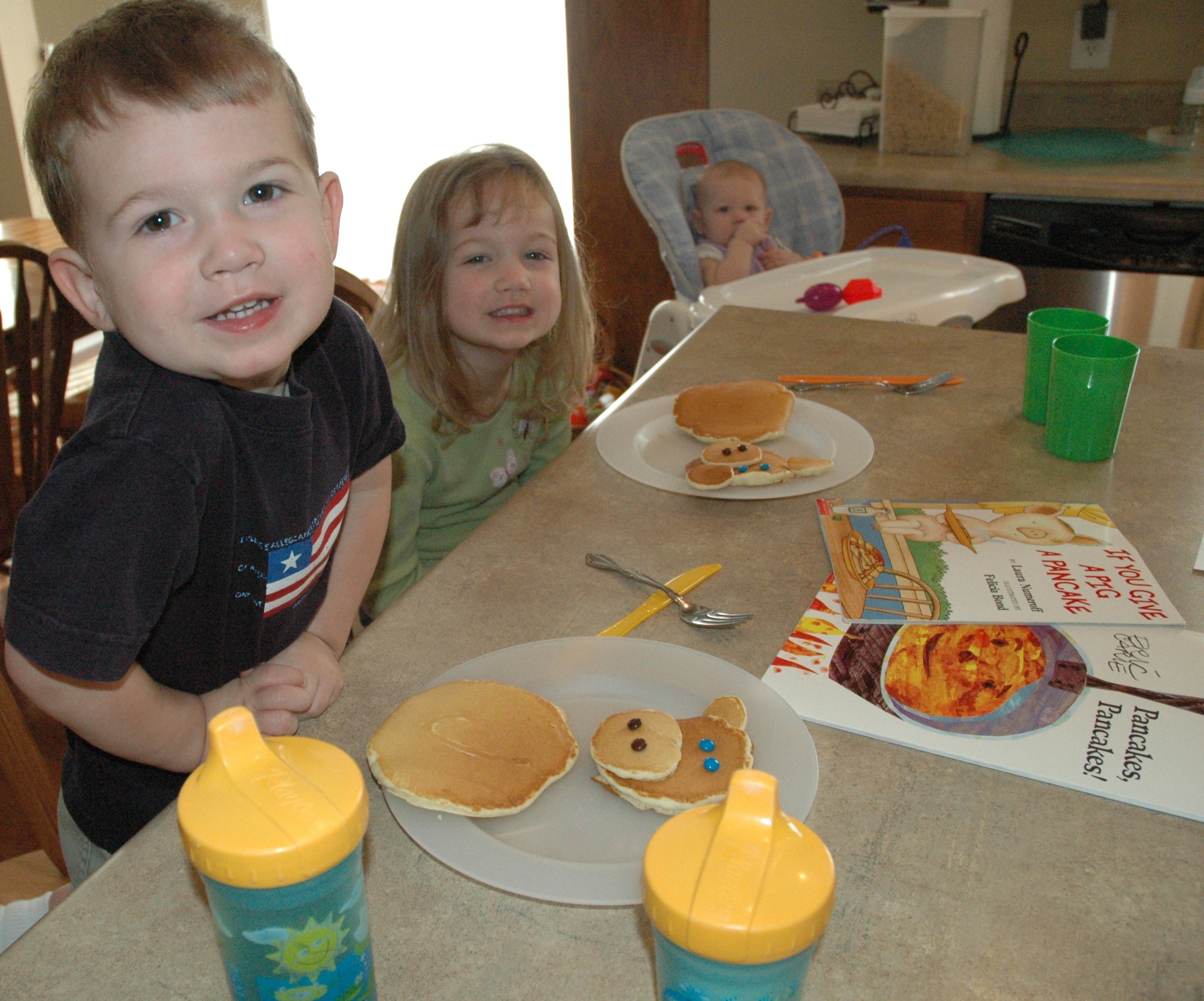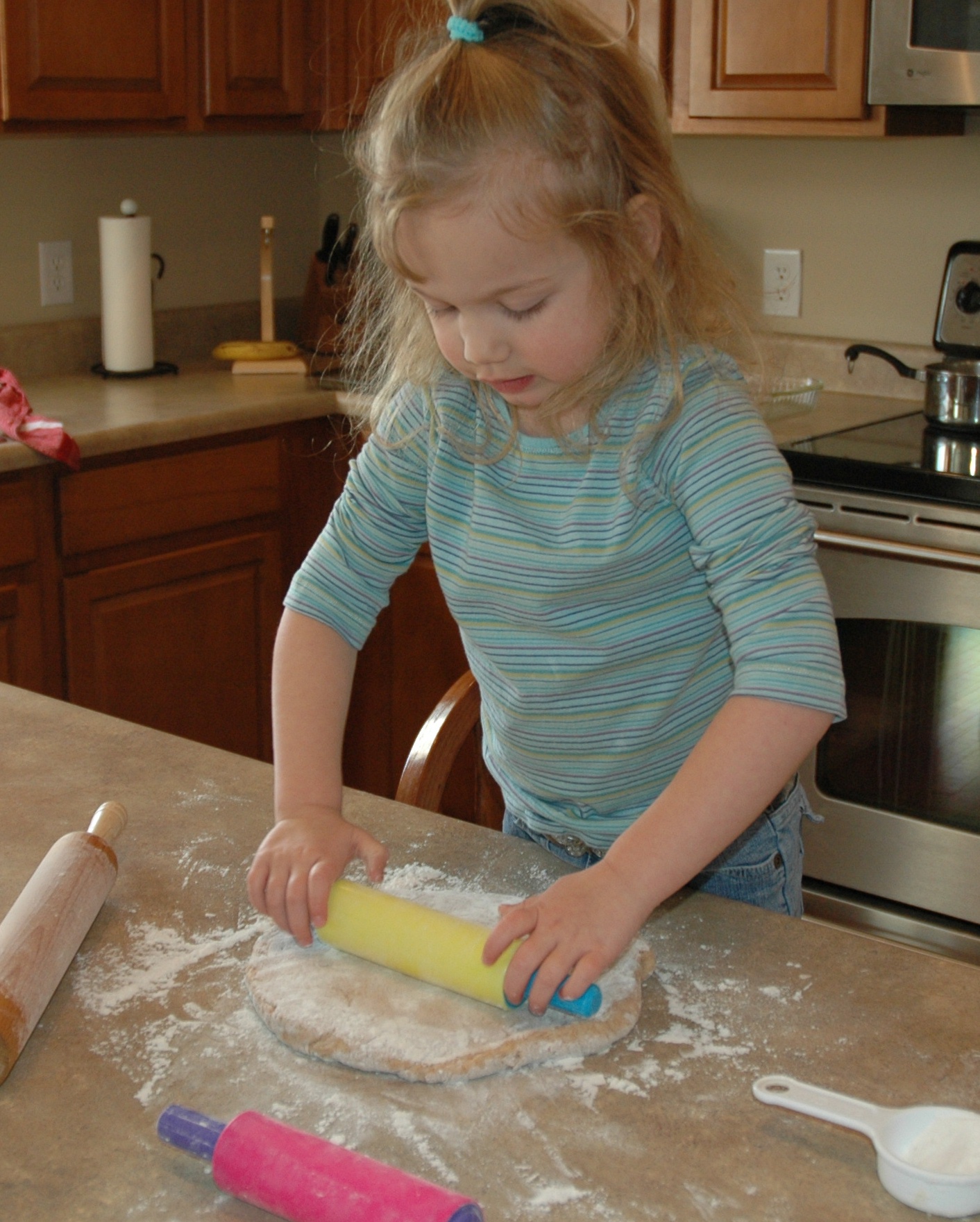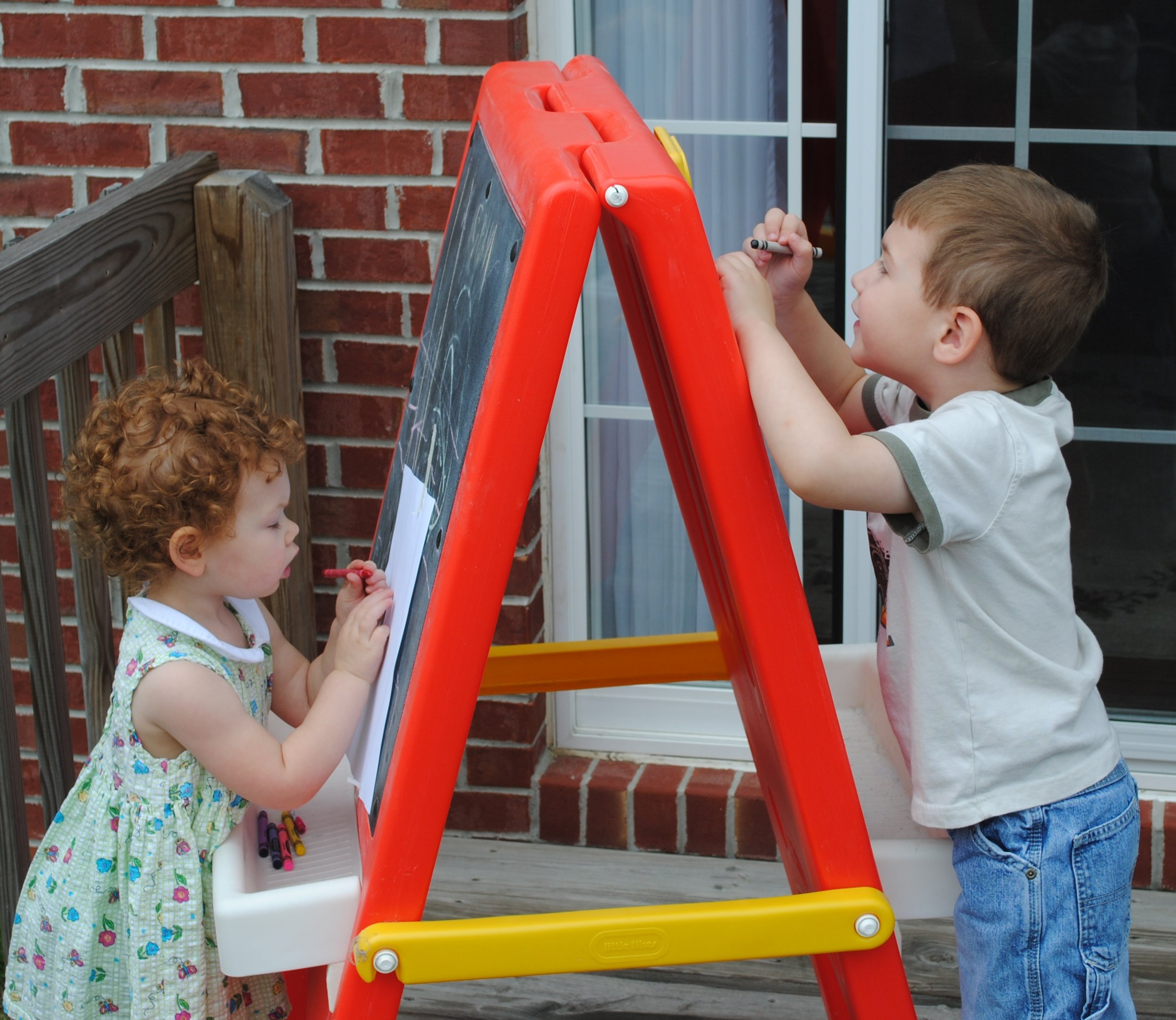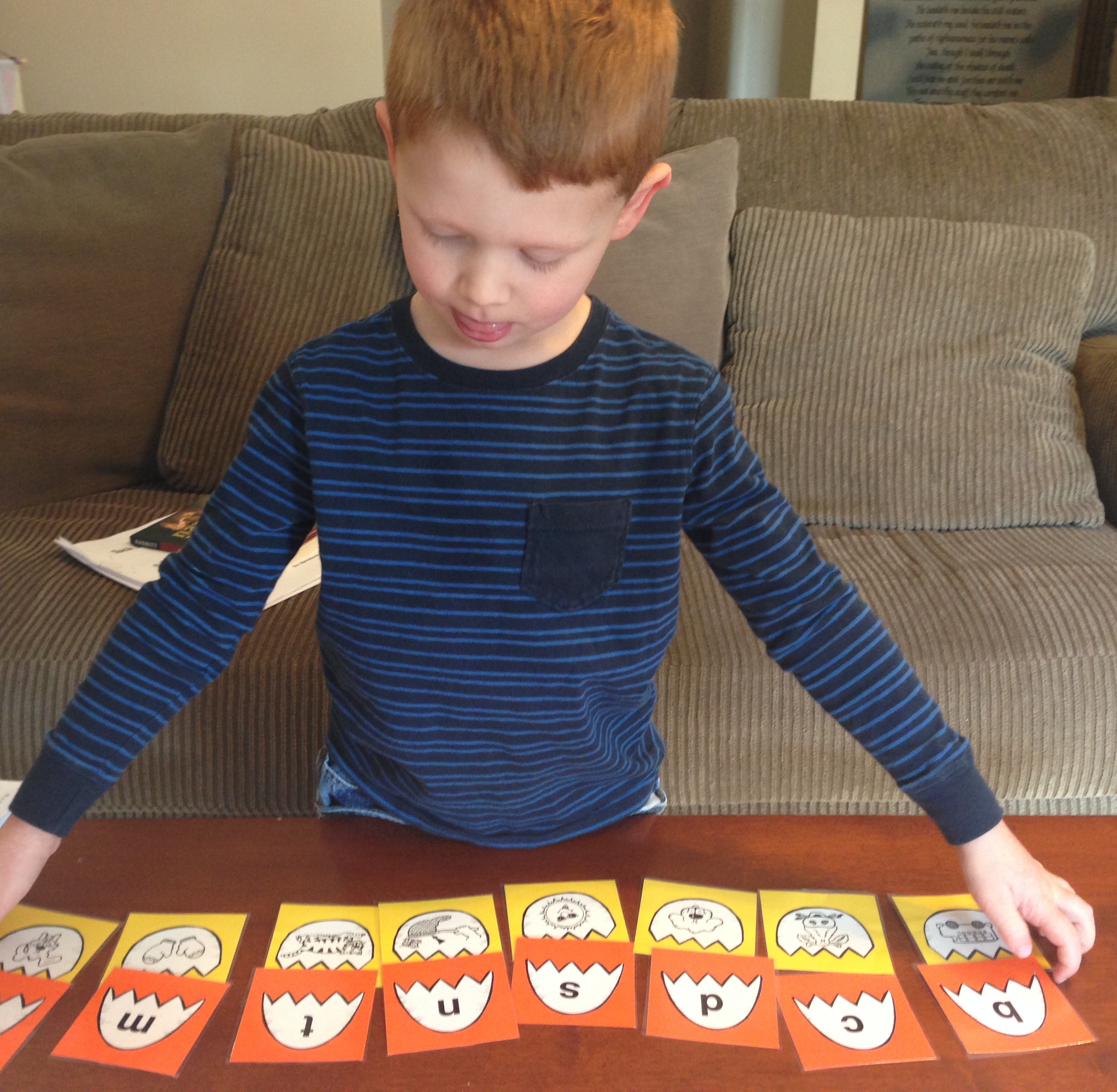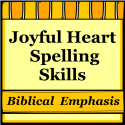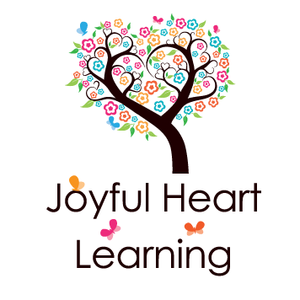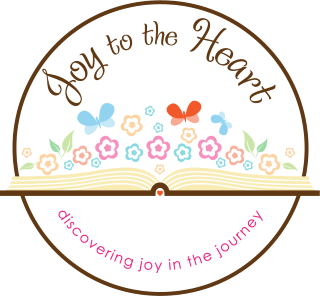Preparing for Kindergarten
Whether children have attended preschool classes or not, parents and caregivers frequently ask what they can do to help their child become ready for kindergarten. If you are a baby-sitter, grandparent, busy homemaker, or a parent working outside the home, these are a few simple ideas you may decide to incorporate into your preschooler's life before the first day of kindergarten. You will probably be surprised at how many activities you may already be doing together! Try to engage your child in play and during day to day activities, without skill and drill, and watch their excitement build!
Activities to Develop...
Literacy
Math
Fine Motor Skills
Social and Character Building Skills
Safety and Self Help Competence
Easing Jitters Before the First Day
Want to print these ideas to share?
Preparing for Kindergarten
Literacy
- Please read, read, and read some more to your children. Reading aloud to them builds so many language skills (comprehension, rhyme, concepts of print such as where to begin reading, vocabulary building, etc.!).
- Visit the library often to read, hear a storyteller, or watch a puppeteer!
- Don't neglect the power of children's own names! Young children naturally like to see their name in print and have a great desire to know the letters in their name. Have children start with the letters in their own name when attempting to recognize and name letters.
- Also, use the beginning sound in their name as a foundation for building sound knowledge! For example, if your child's name starts with P, find other items that start with /p/ like popcorn, puzzle, pillow, etc.
- For writing their names, let children practice (first letter uppercase and all the others lowercase) in sand, a small tray of rice, shaving cream, pudding (Yum!), finger paint, glitter crayons, write it big with sidewalk chalk, shape playdough into the letters, etc. Have fun!
- Print is all around young children for them to notice and make literacy connections! Some print is already meaningful to your children such as names of favorite cereals, restaurants, toys, stores, and more! Letters and words are everywhere in your home, on the street, in the store, etc. - Make it a fun learning game in which you play "I spy" - I spy something with my little eye something that starts with the letter M or /m/ (say the sound the m makes) depending on the developmental level of your child.
- Place magnetic letters on the refrigerator at the children's eye level so they can manipulate the letters to form their name, group like letters together, etc.
- Create a letter scrapbook with your child. For each page, write the upper and lowercase letter. Have children hunt for small objects, environmental print, etc. that begin with a certain letter. Make sure to include photos of their friends, too!
- Let your children see you writing letters, checks to pay the bills, the grocery list, anything! Give them their own piece of paper, letting them write out their own list using kid writing (It's all right if you can't read it at this point - You are modeling for them uses/reasons for writing and reading - which is much more important at this stage.)
- Create a writing toolbox to store fun writing utensils, different types of paper, envelopes, stickers, etc. for your child to have their own writing materials to encourage writing.
- Read, recite, sing, and act out nursery rhymes!
- Do a lot of language play - jump rope rhymes, silly songs and finger plays, and riddles.
- Create new, silly names - for example, if your child's name is Sam, his name could turn into Bam, Ham, Jam, Kam, Lam, Mam, etc.
Math
- Focus your child's attention on the colors, shapes, and numbers seen all around them! Ask them to help you read the numerals on signs, to point out the shapes of items in the grocery store, to find colors inside and out!
- Let your budding chef assist you in the kitchen. Let them help pour, mix, measure, roll, etc.! (Simple Recipes)
- Encourage the practice of sorting skills while folding laundry, putting toys away, playing with colored blocks, eating their favorite candies such as M&M's, etc!
- For numeral practice, make two flash cards of each numeral (0-5 to start and then adding higher numerals as skill increases). Play go fish, sort and match the numerals, go around the house and place the numeral card next to sets of that many objects, play memory, bingo, etc. You can create similar simple games for the shapes and colors!
- Refer to the calendar frequently. Talk about the days of the week, the date, count the number of days left until an upcoming event.
- There are objects all around your home to practice counting (books, shoes, shirts, toys, pens, etc.)! Have your child touch and move each item forward as he/she is counting.
- Play dominoes and board games in which children have to roll a die and count how many spaces they get to move!
Fine Motor Skills
- Provide crayons, markers, pencils, scissors, glue, paints, etc. for your child to use and to express their creativity!
- String beads, Fruit Loops, etc. to make necklaces.
- Roll and shape playdough into snakes and other interesting creatures!
- Pick up small objects with tweezers and tongs.
- Put together puzzles.
- Play with Legos, Tinker Toys, Bristle Blocks, and other small building toys.
- Use a Lite-Brite to form pictures and designs.
- Tear various colors of paper and glue together to make a picture.
- Use scissors to cut straight lines, wavy lines, zig zags, and to make fringe along the edge of paper to create grass!
Social and Character Building Skills
- Provide opportunities for your child to spend time with other children playing and talking.
- Encourage your child to share and to take turns.
- Give small chores or jobs to your child so that they may experience responsibility and a sense of accomplishment.
- Get into a daily routine now so that the transition to those early school days will go more smoothly!
- Talk and model how to express feelings appropriately and with self control.
- Remind children to listen when others talk (looking into the speaker's eyes, waiting their turn to speak).
Safety and Self Help Competence
- Have your child practice orally stating their home information in case of emergencies (full name, parents' names, address, telephone number).
- When going for walks, practice looking both ways before crossing the street and walking on the sidewalk.
- Let children tie, snap, button, and zip their own clothing. This is a great fine motor skill accomplishment, too!
- Model and encourage the practice of good hygiene - washing hands, covering mouth when coughing, covering nose when sneezing, brushing teeth, combing hair, etc.
- Have children get into the habit of always putting their toys away after playing and cleaning up after themselves.
Additional Resources to Prepare Your Child
Slow and Steady Get Me Ready: The How To Book That Grows With Your Child by June R. Oberlander Xulon Press ISBN 159160236X
This is a book containing small learning activities appropriate for ages 0-5. It is a great resource introduced to me by a friend. The book has one activity a week per child for busy parents to do with their children.
Easing Jitters Before the First Day of Kindergarten
Childrens' Books to Read
The Night Before Kindergarten by Natasha Wing
First Day Jitters by Julie Danneberg
Countdown to Kindergarten by Alison McGhee
The Kissing Hand by Audrey Penn
